Keywords: Jesuit Refugee Services
-
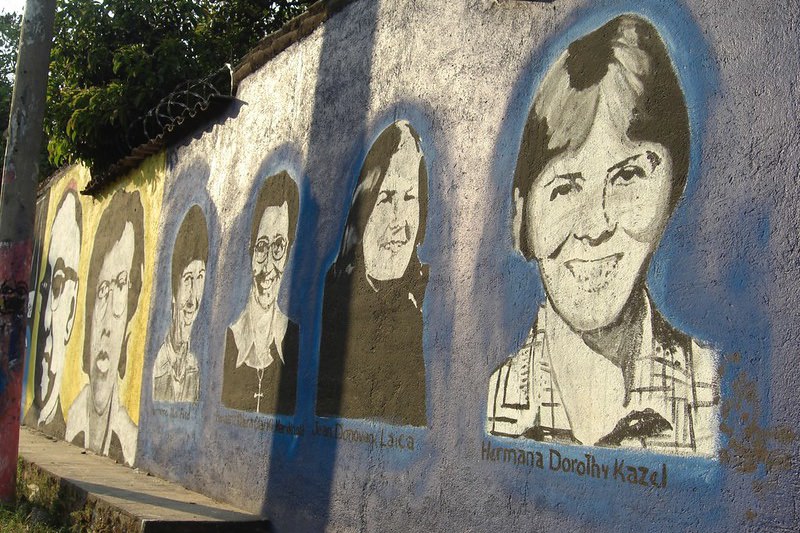
INTERNATIONAL
- Andrew Hamilton
- 03 December 2020
17 Comments
This week is the fortieth anniversary of the death of Ita Ford and Maura Clarke in El Salvador. An event distant in place and time, but worth remembering and honouring in its distance. And also worth reflecting on for its significance for our own time.
READ MORE 
-
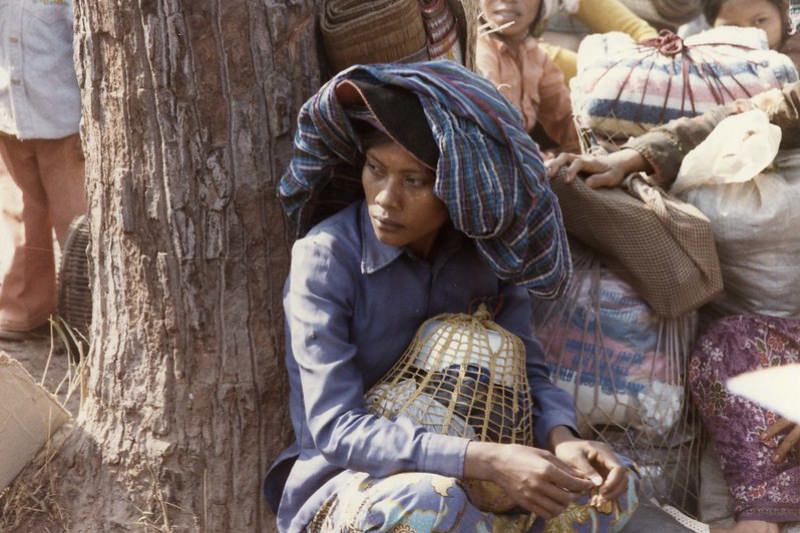
INTERNATIONAL
- Andrew Hamilton
- 26 November 2020
7 Comments
Stories of volunteers who went to help in foreign crises used to focus on the impact on the people helped. Today they explore how both parties are changed through the experience. That was also true in Jesuit Refugee Service (JRS) whose 40th anniversary occurred last week.
READ MORE 
-
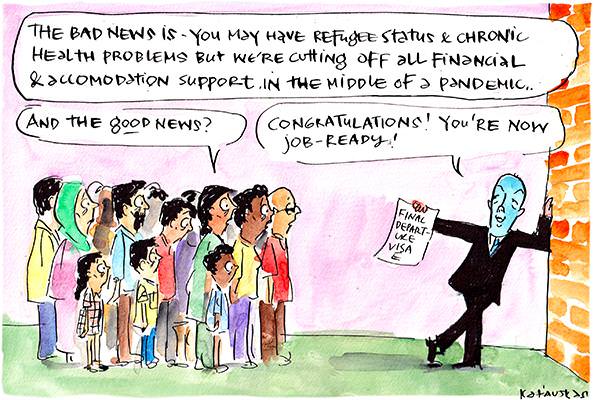
AUSTRALIA
- Andrew Hamilton
- 29 October 2020
8 Comments
If society were a mine, refugees would be the canaries in it. Their condition reveals whether the currents of public air are pure or toxic. By that standard the present currents in Australia are noxious. They mark a change from the first generous response to the coronavirus to the meaner reconstruction of the economy.
READ MORE 
-
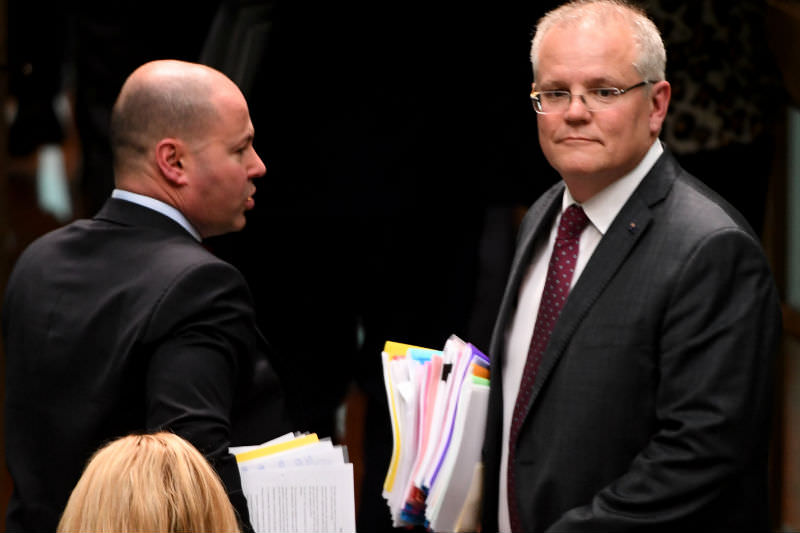
AUSTRALIA
- Andrew Hamilton
- 15 October 2020
8 Comments
The Federal Budget this year coincided with the release of Pope Francis’ Encyclical Fratelli Tutti. Both are preoccupied with the shape that society will take after COVID-19. It is tempting to compare their different approaches.
READ MORE 
-

AUSTRALIA
- Andrew Hamilton
- 24 September 2020
21 Comments
The objections to the legislation focus correctly on the infringement of human rights. That phrase, however, is bloodless. It might suggest that rights form a list to be ticked off. Human rights are better conceived as a way of speaking about the conditions necessary for people to live decent human lives. The proper place from which to reflect on them is the actual lives of the people who are affected.
READ MORE 
-
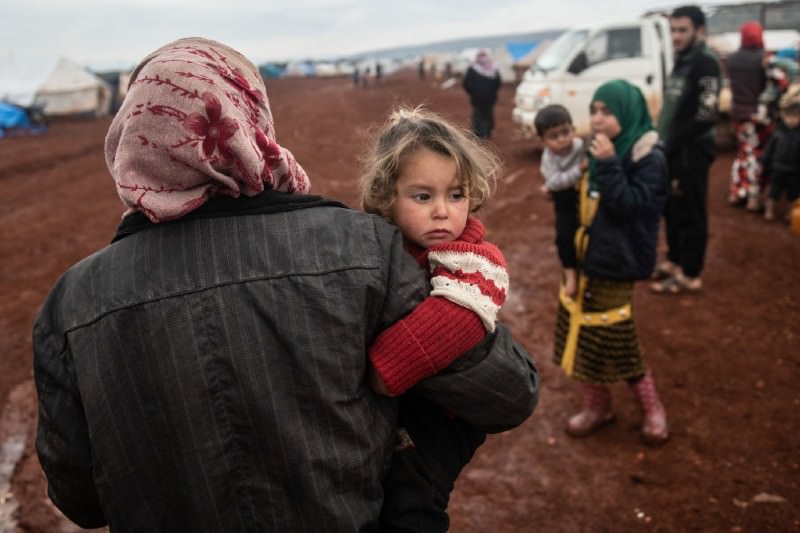
INTERNATIONAL
- Daniel Sleiman
- 25 June 2020
4 Comments
America has lost the proxy war in Syria and is now looking at punishing ordinary Syrians for the actions of the Syrian government. The so called ‘Caesar Act’, officially known as the Caesar Syrian Civilian Protection Act, aims to cut off multilateral or direct commerce with Syria’s ruling Baath party, effectively inducing record inflation, poverty and market exclusion.
READ MORE 
-

FAITH DOING JUSTICE
- Carolina Gottardo
- 06 April 2020
6 Comments
The ability to work from home or social distance is a class issue. How do you practice social distancing in the slums of Lagos, the favelas of Rio or the shanty towns of Bogota, the city where I was born? Here in Australia, it’s not much different for refugees, people seeking asylum and migrants in vulnerable situations.
READ MORE 
-
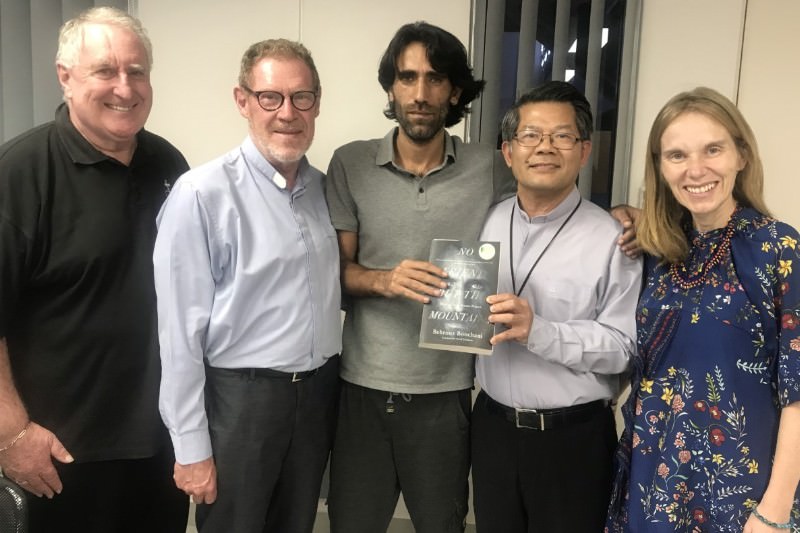
AUSTRALIA
- Joshua Lourensz
- 19 November 2019
5 Comments
'Refugees/not refugees — here it is all the same,' a man tells me with a shrug. There seems to be both recognition of the impossibility of the situation for all who have been left here — but also an attitude that no one should be left behind.
READ MORE 
-
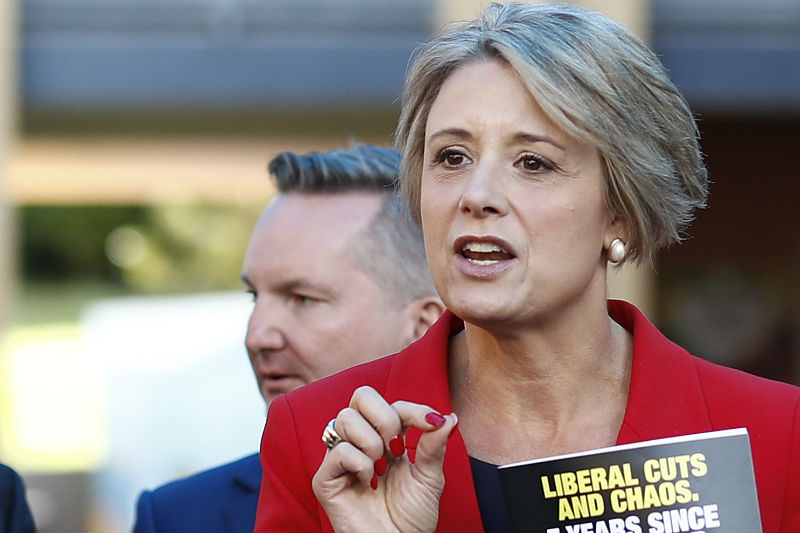
AUSTRALIA
- Carolina Gottardo and Nishadh Rego
- 06 June 2019
17 Comments
The recent federal election showed us that refugees and people seeking asylum do not need to be instrumentalised for votes. Perhaps refugee policymaking could be separated from politics. Perhaps it could be evidence-based and humane. Alas, the prevailing frames and politics of border protection quickly came to the fore post-election.
READ MORE 
-

AUSTRALIA
- Andrew Hamilton
- 30 April 2019
5 Comments
When refugees write accounts of their lives they usually express gratitude to the nation that has received them. A Child Escapes, in which Francis Deng describes his life from Lost Boy of Sudan to refugee in Kenya to bank employee in Australia, is no exception. Left unsaid, but equally important, is the gift he and other immigrants are to Australia.
READ MORE 
-
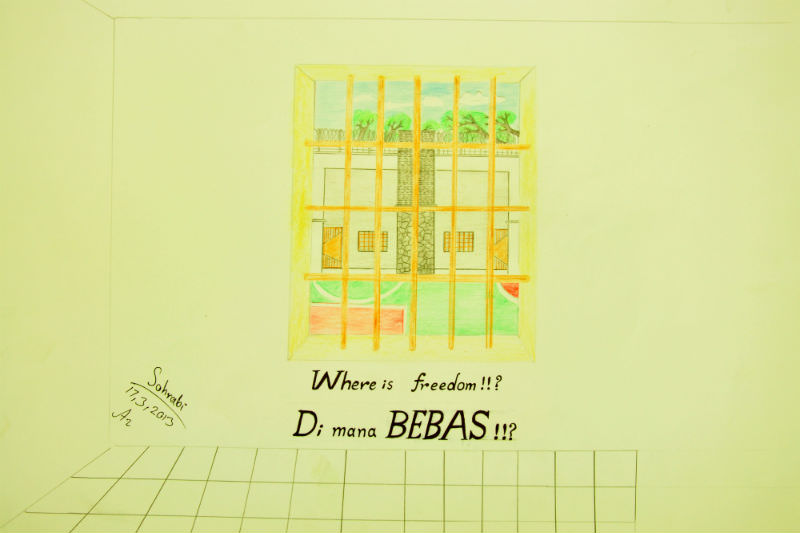
INTERNATIONAL
- Carolina Gottardo, Nishadh Rego, Lars Stenger
- 21 February 2019
8 Comments
On 7 February in Manado, Sulawesi, Sajjad, a 24 year old man who had just finished a degree in IT, doused himself with petrol and set himself on fire. He died six days later. On the day of his death, Australians woke to the government's claim the passage of the Medevac Bill would restart boats from Indonesia and weaken Australia's borders.
READ MORE 
-
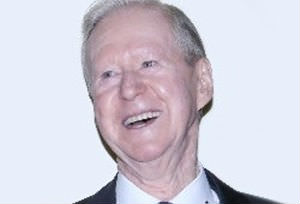
RELIGION
- Frank Brennan
- 25 September 2018
3 Comments
'A year on, Paul would be well pleased. On seeing this full church, he would think, "I can still draw a crowd." On seeing the sanctuary, he would think, "They need one Jesuit and two diocesan priests to replace me."' Homily on the first anniversary of the death of Fr Paul Coleman SJ.
READ MORE